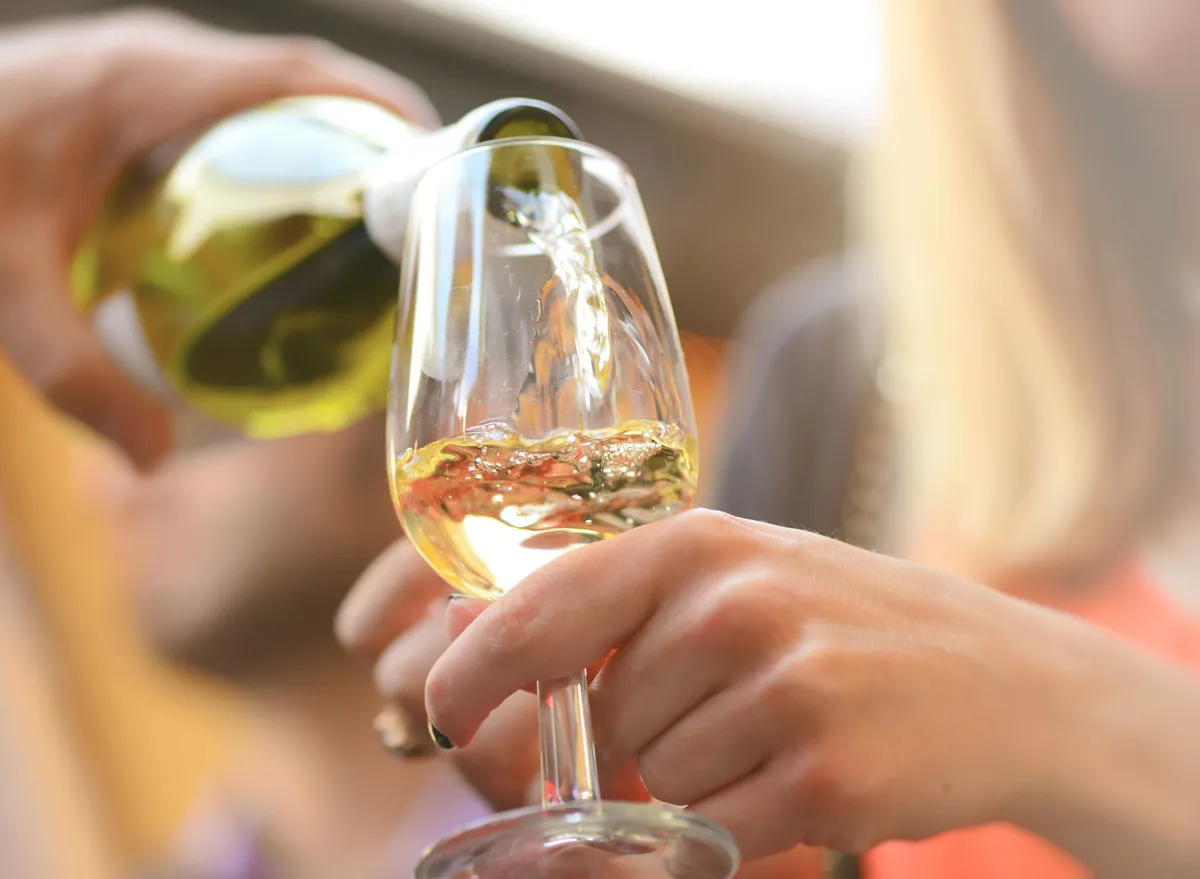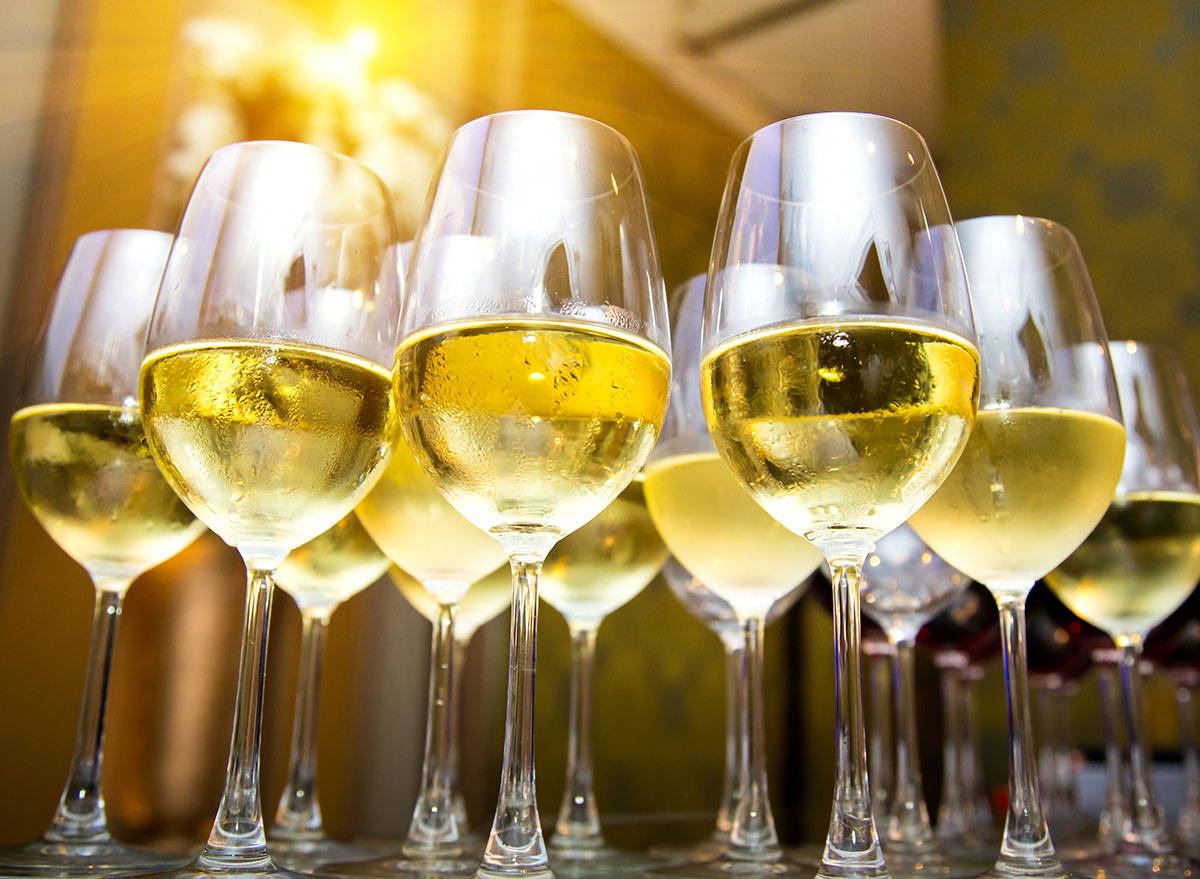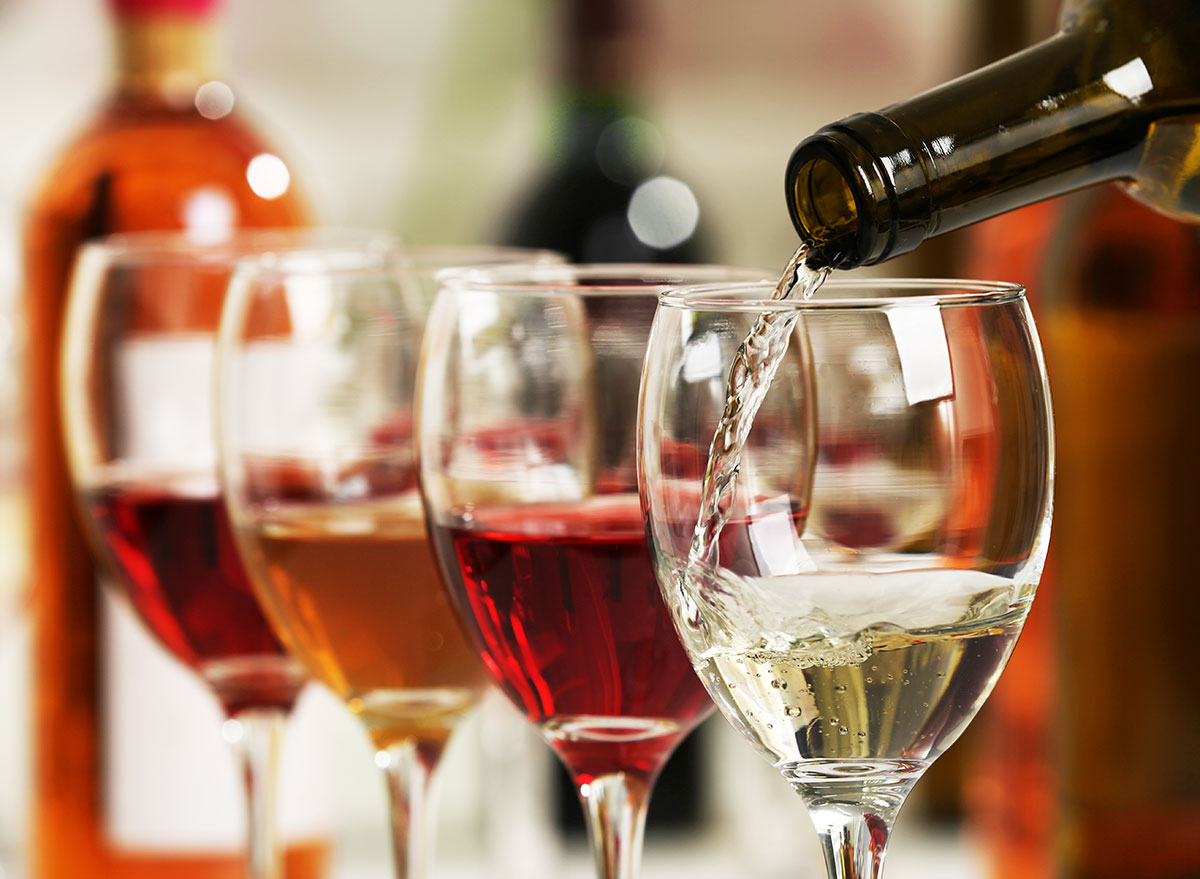The One Hidden Secret About Wine You Never Knew

For many, one of life’s simplest pleasures is a glass of wine. Not that there needs to be a reason or a season to indulge, but there’s nothing quite like enjoying a chilled glass of rosé on a hot summer day or downing a glass of bubbles to celebrate a small victory (like making it through another week). But for vegans, this can be a challenging undertaking.
Sure, it seems unlikely that eggs, dairy, and sea life could be involved in your wine, but there are some hidden components to the winemaking process that actually involve these animal byproducts. While a good number of vegans are hyper-aware of this fact, many who consume wine assume that their favorite glass of Cabernet involves nothing more than fruit. Unfortunately, they’re wrong.
The Hidden Ingredients Used to Make Wine

“There are certain animal-derived products that have been used in winemaking for many years. These products are most often used to clarify, polish, or soften a wine or to correct a defect,” says Andrew Wilson, winemaker for Goose Ridge Estate Vineyards & Winery in Washington state.
Examples include: Egg whites used to remove harsh tannins; milk used to remove phenolics from reds or whites; gelatin used to polish tannins in red wine; and isinglass, a gelatin derived from fish bladders, can be used to clarify white wines.
Using any of these products would prevent a wine from being called vegan.
However, it’s important to keep in mind that these “fining” agents, whether derived from animals or plants, do not become part of the wine’s composition. Once they’re added, says Wilson, “they settle or are filtered out of the wine, hopefully taking whatever we were trying to remove with them. By the time the wine is bottled, there would only be tiny trace amounts left, if any.”
New, Plant-Based Products Offer a Solution

While it may seem easy to swap plant-based products for those derived from animals, the products winemakers can use in winemaking are restricted to a list of approved products (at least, in the United States), making the whole process easier said than done.
The good news is that, recently, there have been more products brought to market that are derived from plants that can be used in similar ways to their animal predecessors. To the applause of wine-consuming vegans everywhere, using these instead of the traditional animal-based fining agents would allow the wines to be vegan.
“A lot of winemakers, myself included, do want to use these new plant-derived products,” explains Wilson. “It’s just a matter of figuring out how they work compared with the older, more well-understood products.”
“There are new plant-based products coming out all the time, trying to give winemakers more tools to replace what they may have been using before.”
For consumers, it’s difficult to know what products have been used to make a wine, as it’s rarely part of a wine label. Usually, the best way to find out if a wine is vegan is to consult a winery’s website or fact sheet.
For more on wine, check out the best winery in every state. And sign up for our newsletter for the latest food news.








